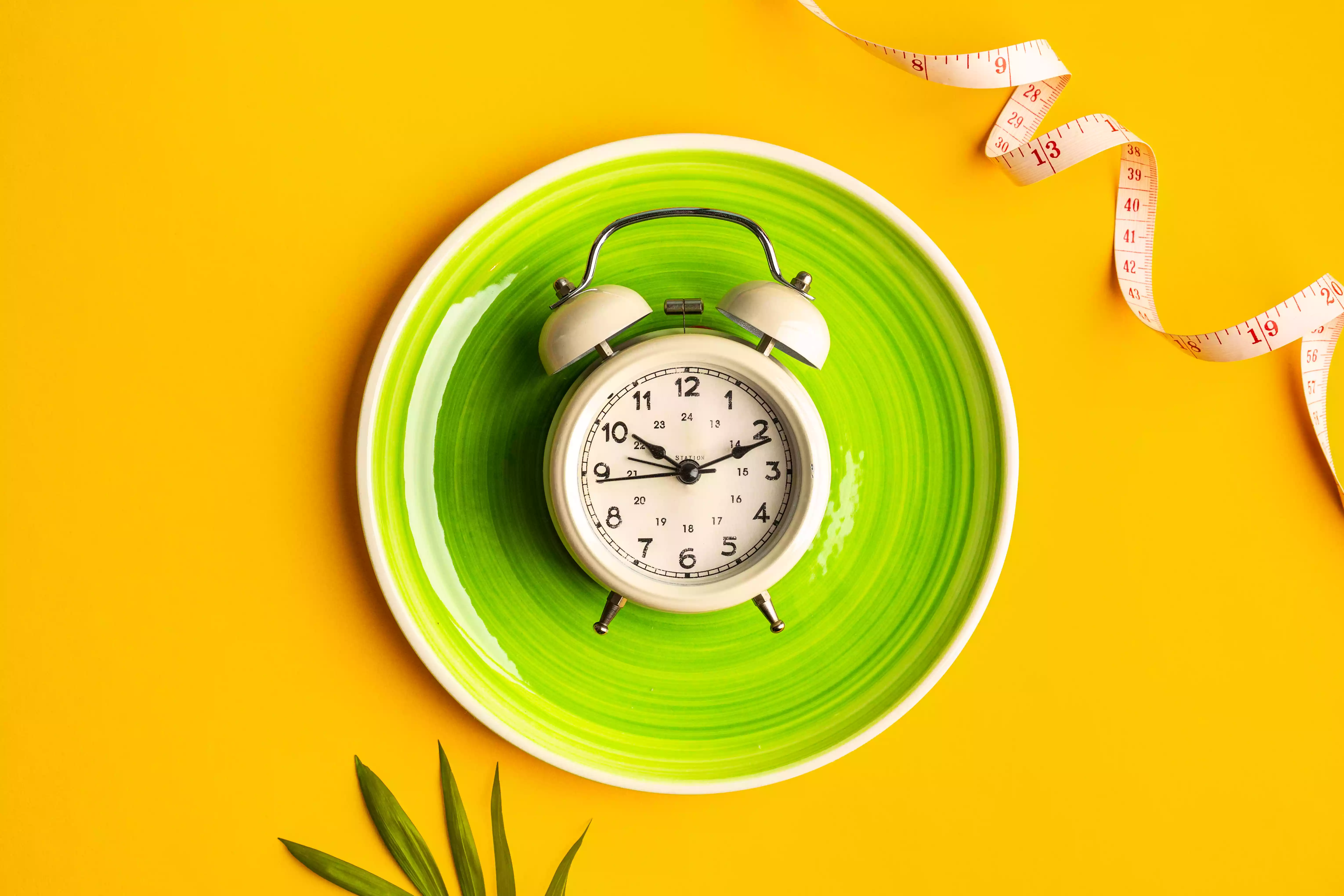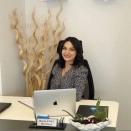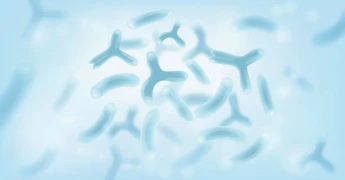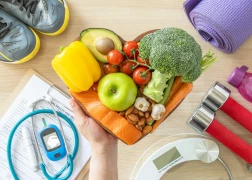
What Are the Benefits of Fasting? What Should Be Considered While Fasting During the Pandemic Period?
- What Are the Benefits of Fasting? What Should Be Considered While Fasting During the Pandemic Period?
- Who is advised not to fast?
- So how should we eat during Ramadan? What should we pay attention to? What kind of nutrition program should we follow in Ramadan?
The program, in which the human body starts to destroy the unnecessary particles in the cells that are weak and unable to perform their duties properly, was discovered when starving. After fasting for 3 consecutive days, our body's immune system starts to trigger the formation of white blood cells. Our body renews almost all of our immune mechanism.
As it is known, our diet changes completely during Ramadan. Fasting, which lasts up to 14-16 hours, negatively affects our metabolism. Fasting can lead to a decrease in work performance and a decrease in productivity due to loss of attention in the afternoon. In order to minimize the decrease in performance, we need to know the foods that should be eaten at sahur and consume them. Since the decrease in blood sugar in the morning will be less than in the afternoon, we should put the heavier and more attention-demanding tasks in the morning hours. Sufficient nutrients, fluids and salt should be taken for our metabolism between iftar and sahur in order to prevent weakness, swelling, forgetfulness, irritability, tendency to sleep, indigestion, indigestion, fatigue, heartburn and blood pressure during the fasting period.
Who is advised not to fast?
Patients with cardiovascular, diabetes, kidney, stomach, high blood pressure, severe infections, patients with fever, liver failure, people with gallstones, muscle patients, those who are very weak and have anemia problems, and cancer patients have to use drugs at certain intervals. Dietary practices are required to treat such patients. In addition to these, fasting is considered dangerous for pregnant women, children in developmental age, and the elderly.
Some fasting people begin to experience intense headaches in the first days of Ramadan. Headache is not exactly due to hunger, but rather due to nicotine and caffeine deficiency. When it is time to leave the house after breakfast or just before work time, people who have the habit of smoking and drinking coffee feel a headache more intensely. In such cases, such people should reduce smoking and caffeinated drinks such as coffee at least two or three weeks before Ramadan and prepare their body for nicotine and caffeine deficiency in order to prevent this headache problem.
Nutritional problems that begin in Ramadan occur due to reasons such as staying hungry for a long time, changing our diet and hours, decreasing our activity, and going to bed right after meals.
So how should we eat during Ramadan? What should we pay attention to? What kind of nutrition program should we follow in Ramadan?
1- Meal order: Meal order comes first among the suggestions for a healthy, adequate and balanced diet in Ramadan. Between iftar and sahur, a nutrition program should be made as three meals with approximately two to two and a half hour intervals and you should definitely get up at the time of sahur. We can think of sahur as a meal that provides the dynamic of our day like breakfast.
2- What should we eat?What should we drink?: Other foods and food groups that we should prefer during Ramadan are as follows; Foods high in fiber (such as fruits that can be consumed in shell, dried apricots, dates and prunes, grain products, peas, peas, spinach, green beans), foods rich in omega 3 and folic acid (oatmeal for breakfast, products made from whole flour) , asparagus, spinach, fish, tomatoes, peas, broccoli, flaxseed, purslane, almonds, walnuts, lentils) are fruits rich in vitamin C.
Instead of overeating thinking that we will be hungry all day long, we should prefer foods such as brown grain products, salads, vegetables, dried legumes, which are slowly digested and have a low glycemic index.
PREFER MILK PUDDINGS
After the iftar meal (we can do it after 1.5 hours on average), we can have a snack. At this meal, we can eat fruit or prefer milk puddings. If you are on a weight loss diet, this dessert should not exceed two days a week. It will be more positive in terms of health to prefer milky desserts instead of heavy dough desserts such as baklava. Gullac, known as the dessert of the month of Ramadan, will be a much more enjoyable and healthy option. Dairy desserts such as fruit desserts and rice pudding can also be alternatives.
3- Filling foods: Let's take a look at the foods that make you full during Ramadan; We need to focus on foods rich in protein. Protein-rich foods include eggs, white cheese and meat group foods. Since these foods are digested longer than other foods, they provide a feeling of satiety and keep us full during fasting. Another food that keeps you full during Ramadan is walnuts. Since they are hazelnuts (unroasted), almonds and oil seeds, they keep them very full and the nutritional value of these foods is also very high.
4- Cooking method: We should pay attention to the type, preparation and cooking of the foods to be used in the meals we will eat at iftar. We need to stay away from pastry desserts, very salty, very sugary and very fatty prepared foods, salami, sausages, sausages, roasted meats, offal (brain, spleen, etc.) that have been heat-treated but processed and contain too much saturated fat. We should not use cooking methods that are harmful to our health, such as frying in oil, instead; We should take care that the dishes are cooked in the form of self-steaming, boiling, baking in the oven, maybe not too much, but grilled. In addition to these, we should pay attention to cooking our meals with liquid oils (more like extra virgin olive oil, hazelnut oil) and less salt.
5- The right way to eat in Ramadan: The thought of being hungry for a long time often increases our appetite and satiety threshold. As a result of this; The fasting person begins to eat much more and more quickly than he normally would. We should pay special attention to this issue; we should eat our meals slowly. In order to have a healthy digestive system, we must chew the food well, eat the food in small bites and slowly.
6- Water consumption in Ramadan: Drink plenty of water from iftar to sahur. In particular, carbonated drinks, delicatessen products, pickled foods, offal, foods cooked or fried in heavy oil, desserts with syrup and foods prepared from white flour should be avoided as much as possible.
During the month of Ramadan, we should pay attention to water consumption. When we are fasting, we cannot get water during the day and sweating etc. and water losses occur. In order to meet our water loss and bring it to the lowest level, we should drink sufficient amount of water (on average 1.5-2 liters) at sahur, iftar and after iftar. Fluid intake, other beverages, etc. We should increase it with the consumption of liquid foods. (Soups, buttermilk, fresh juices, compotes, etc.)
It is very difficult to resist the diversity and richness of iftar tables, especially in Ramadan. When we eat food quickly, it is inevitable for most of us to have digestive difficulties. Therefore, drinking 1 bottle of mineral water a day during this period has a very positive effect on the heavy diet after iftar, but we must make sure that the mineral water we drink is mineral water and is completely natural, otherwise it will be as if you drank completely artificial water with carbon dioxide gas added into it. it is neither good for your digestion nor can it fully meet our mineral needs such as calcium, minerals, iron, zinc and fluorine.
Attention! The use of probiotics is one of the important issues in our diet, especially during the fasting period in Ramadan. Probiotic support after our sahur meal or yoghurt, milk, ayran, kefir, etc. consumed with the sahur meal. Foods like these will both keep us full and prevent gas formation and heartburn.





